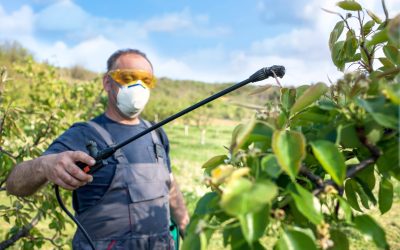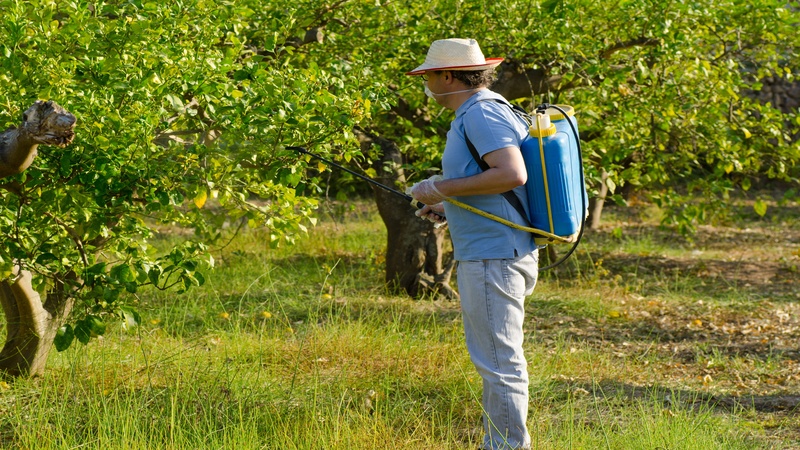As the world grapples with the challenges of climate change and food security, the spotlight has turned to innovative farming practices that not only yield abundant crops but also contribute to environmental healing. Among these, Regenerative Agriculture has emerged as a transformative approach with the potential to revitalize our earth and sustain future generations.
What is Regenerative Agriculture?
Regenerative Agriculture is a holistic land management practice that leverages the power of photosynthesis in plants to close the carbon cycle, and build soil health, biodiversity, and resilience against climate instability. This method goes beyond sustainable agriculture by actively improving the ecosystem.
Key Benefits of Regenerative Agriculture
Enhanced Soil Health
- Increased Biodiversity: Regenerative farming practices encourage a wider variety of plants and animals to thrive, which enhances soil fertility and health.
- Improved Soil Structure: Techniques like no-till farming, cover cropping, and organic inputs increase organic matter retention and carbon sequestration, leading to richer, more robust soil.
Carbon Sequestration
One of the most significant impacts of regenerative agriculture is its ability to capture atmospheric carbon dioxide and store it in the soil. This not only mitigates the effect of greenhouse gases but also enhances soil fertility.
Water Conservation
- Natural Water Retention: Healthier soils have a better structure, allowing them to hold more water and reduce runoff.
- Reduced Irrigation Need: By improving soil organic matter, farms can retain more moisture, thus reducing the need for artificial irrigation.
Economic Benefits
- Reduced Input Costs: Farmers practicing regenerative agriculture often spend less on fertilizers and pesticides since healthier soils can naturally rebalance and replenish nutrients.
- Increased Crop Yields: Over time, regenerative practices lead to more resilient farm systems that can produce higher yields even under challenging conditions.
Resilience to Climate Change
Farms that implement regenerative techniques are better equipped to handle extreme weather, from droughts to heavy rains, thanks to improved soil structure and biodiversity.
Real-World Impact
Implementing regenerative agriculture can transform farming from a contributor to climate change to a key part of the solution. Farms around the world have reported improvements in productivity, ecosystem health, and economic viability after shifting to regenerative practices.
Regenerative Agriculture holds a promising future for farming, offering a pathway to restore our planet’s health and secure food for future populations. The benefits range from enhanced soil health and biodiversity to significant economic advantages and resilience against climate change. By adopting these practices, farmers not only contribute to environmental sustainability but also improve their profitability and operational efficiency.
Groundwork BioAg Ltd. continues to support the advancement of regenerative farming practices, helping to ensure a sustainable and fruitful future for agriculture worldwide.



